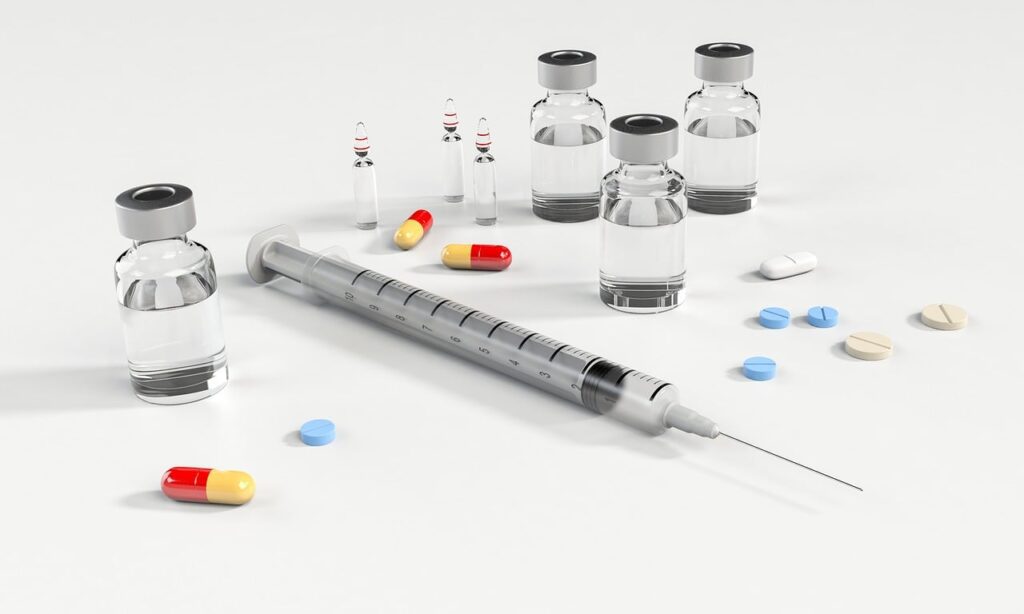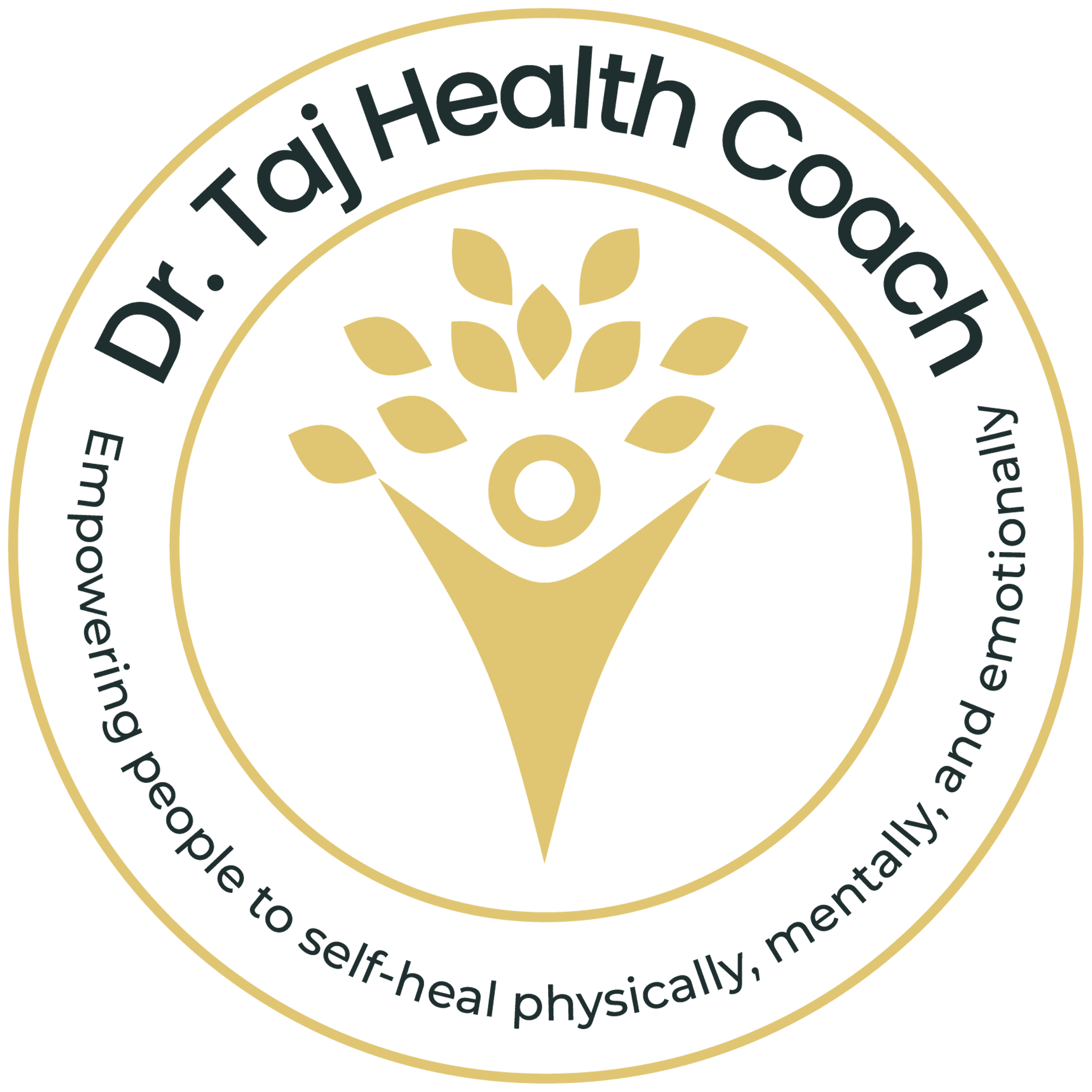
Regular checkups and screening tests are becoming more popular among individuals who wish to take control of their health and detect any potential issues early on. However, this trend has led to an increasing number of people discovering less significant findings which are often treated as diseases. This approach can have negative consequences such as overdiagnosis and overtreatment, along with the unnecessary use of drugs and procedures. In some cases, patients are referred to specialists and receive more care than they need.
While early detection of diseases is helpful, it is essential to take a comprehensive approach to evaluating all symptoms, conditions, and drugs. In this article, we will explore the negative side effects of the growing trend of visiting doctors for regular checkups and screening tests, and discuss solutions to minimize harm while still providing optimal care.
The Consequences of Over-Diagnosis and Over-Treatment
In the medical community, we’re witnessing a surge in the trend of regular checkups and screening tests. However, an unintended consequence of this rise is the increase in over-diagnosis and over-treatment. Medical findings, which would have been deemed insignificant in the past, are now treated like potential diseases. This leads to an unnecessary increase in medical procedures and drug prescriptions, culminating in a medical culture that is excessively focused on ‘curing’ rather than preventing.
Consider the case of cholesterol medications. Many patients are prescribed these drugs as a result of routine checkups, despite having no history of heart disease or high-risk factors. While these drugs can help, their overuse could lead to unnecessary side effects like muscle pain, liver damage, and increased risk of type 2 diabetes.
The Role of the Pharmaceutical Industry
The pharmaceutical industry plays a significant role in this overuse of drugs and procedures. With an ever-present need to drive profits, the industry often promotes its drugs for a wide array of applications, extending far beyond their original intent. The result? A society heavily reliant on medications, where a pill is often seen as the first line of defense, rather than a last resort.
Striking a Balance: Comprehensive Evaluation and Treatment
To combat this, medical professionals need to adopt a comprehensive approach to evaluating symptoms and conditions. Doctors must critically evaluate each case, taking into account the patient’s history, lifestyle, and overall health before resorting to medication or procedures. Patients, too, need to understand that more care is not always better care.
Possible Solutions
One way to minimize harm is through patient education and shared decision-making. Ensuring patients are well-informed about their treatment options, the potential benefits and harms, could lead to more judicious use of medical interventions. Additionally, policy changes could help regulate the influence of the pharmaceutical industry and promote more responsible prescribing practices.
In conclusion, while regular checkups and screenings can be beneficial, it’s crucial to approach them discerningly. It’s time for patients to be proactive, and for doctors to critically evaluate before prescribing treatments. Let’s move away from a culture of over-diagnosis and over-treatment, towards a healthcare system that aligns with the true essence of medical practice – ‘to cure sometimes, to relieve often, to comfort always.’
